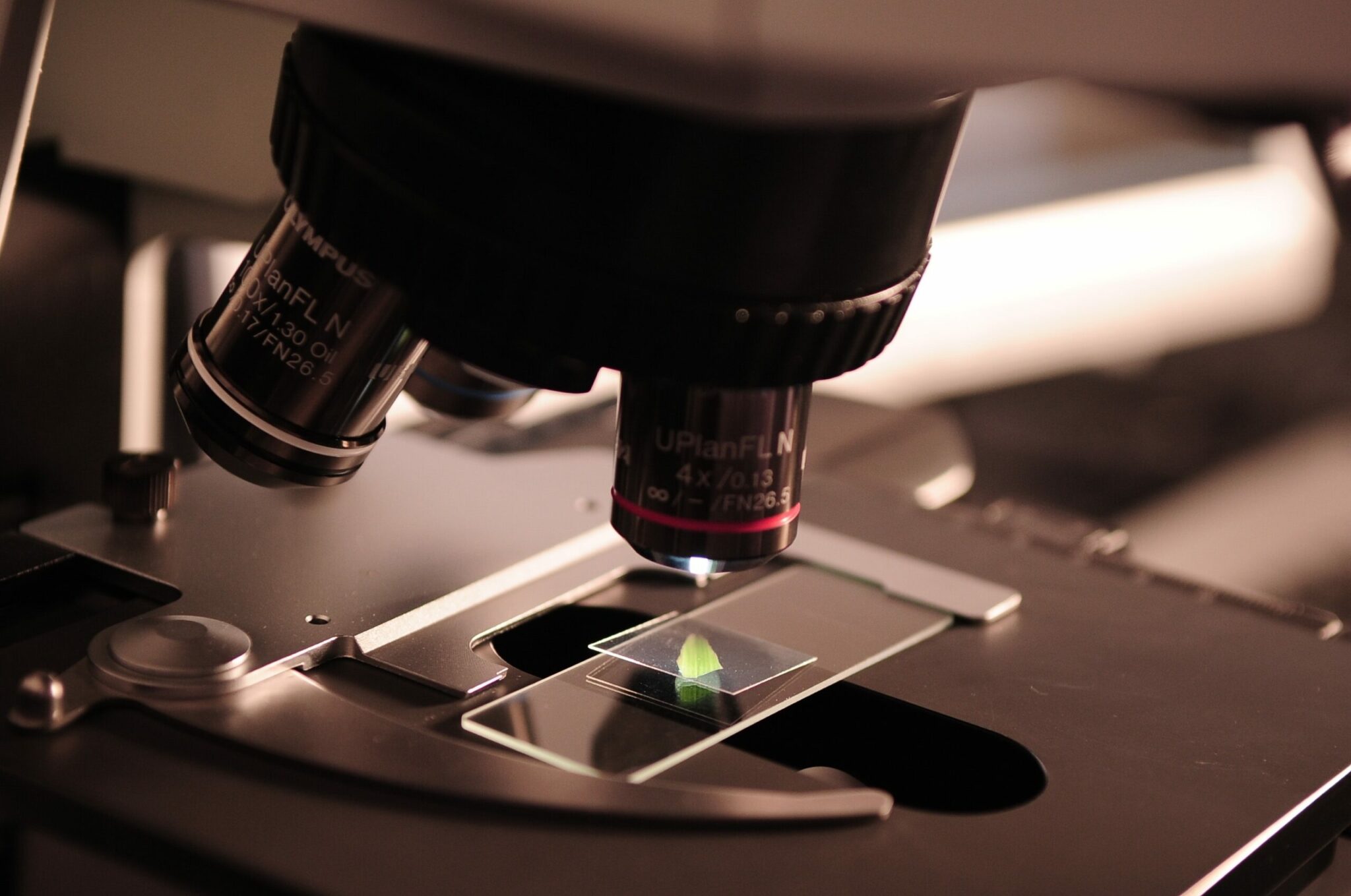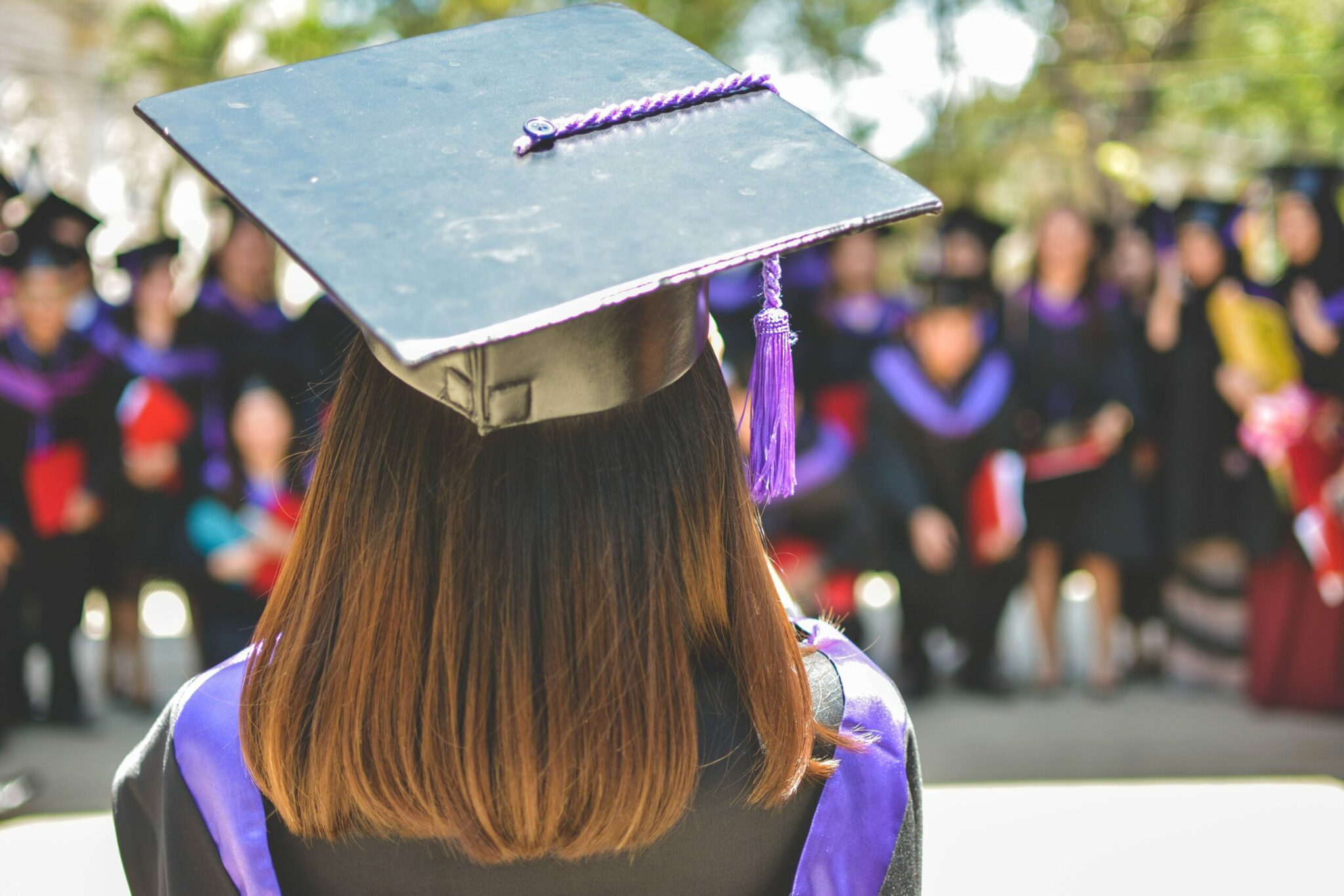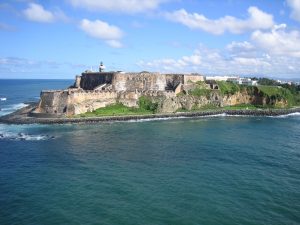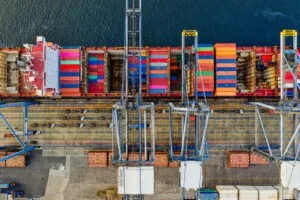Indonesian lawmakers have officially ratified free trade agreements with Australia. The Indonesia-Australia Comprehensive Economic Partnership Agreement, also known as IA-CEPA, is the beginning of a new chapter of cooperation between these regional neighbors. The bilateral pact was agreed by at least 374 representative members during a plenary session on 6 February 2020.
Indonesia is a growing market for Australian goods and services exporters. In the years 2018-19, the total two-way trade in goods and services with Indonesia was worth AU$17.8 billion (approximately US$11.8 billion), making Indonesia the thirteenth-largest trading partner of Australia. The partnership agreement between Australia and Indonesia will provide both countries’ businesses with opportunities to expand and diversify this partnership.
Cooperation objectives from the Indonesia-Australia free trade agreement
There are three key objectives set out in the trade agreement in order to increase the effectiveness of economic institutions and infrastructure, improve human development for a productive society, and create an inclusive society through effective governance.
Objective 1: Effective economic institutions and infrastructure
Strengthening economic institutions and infrastructure is important to Indonesia’s development. Australia is helping Indonesia to increase inclusive growth and productive jobs through its public policy and regulatory settings.
The two countries are also working to strengthen access to agricultural markets for farmers in Eastern Indonesia, driving economic development and improving food security in the area.
Objective 2: Human development for a productive society
Indonesia must drive the development of human capital to build conditions for greater growth. The Australian innovative education program works with schools to identify local challenges and opportunities to create new methods to tackle problems.

Australia is working with Indonesia to prevent, detect and control emerging infectious diseases, a threat to Indonesian and Australian security. Australia continues to prepare for and give help to Indonesia during times of humanitarian demand.
Objective 3: An inclusive society through effective governance
Australia works with Indonesia to make sure that the poor and marginalized in society, including people with disabilities, benefit from economic growth, assisting to meet Indonesia’s poverty reduction goals by improving basic services and employment opportunities. They are assisting develop better quality economic and social protection policies based on research and analysis.
Objective 4: Enhancing economic and development partnership
There is an increased market access for services and investments laid out in the agreement which means that Australian companies can enjoy majority ownership of businesses in specific sectors in Indonesia.
These sectors include:
- Mining services – contract mining, mine site preparation
- Professional services – urban planning, architectural, engineering and surveying
- Construction services
- Education – university education, vocational training
- Tourism – majority ownership of three, four, and five-star hotels, restaurants, cafes and bars, tourism consultancy, tour operators
- Wastewater management
- Telecommunications
- Transport – highways, railways, bridges, tunnel concessions
- Energy – geothermal plants, electrical power installation and construction, power plants (more than 10 MW), oil and gas platform construction
- Healthcare – large hospitals, pathology, paramedic and dental specialist services.
Furthermore, the countries will allow people with tertiary level education to gain six months of experience in each other’s markets. The aim of this program is to help businesses develop the capabilities of their staff as well as promote cultural awareness.
Australian businesses can own a majority share in investments in the vocational education and training sector.
The free trade agreement between Indonesia and Australia will improve market access for goods from both countries by easing technical barriers to trade. Almost all exported goods to each other’s markets will be duty-free or have a reduced tariff.
Development potential in Indonesia
Indonesia, as one of the fastest-growing economies in the Indo-Pacific, presents a significant opportunity for Australian businesses. By some estimates, Indonesia will be the world’s fifth-largest economy by 2030.
The IA-CEPA ensures that Australia is well-placed to foster greater economic cooperation and share in Indonesia’s progress. As the two biggest economies in the Asia-Pacific and strategic partners, the agreement also complements and strengthens their shared interests in fostering a secure and successful region.
Key economic wins for Australia

For Australia, the IA-CEPA will create access for a wide range of the agricultural products including an expansion of the beef exports, permitting partnerships to form to “add value” in Indonesia with third-party exports to nations in North Asia, Europe, and the Middle East. Technology, education, and medical sectors will also benefit hugely from this agreement.
The agreement will generate new opportunities in infrastructure and aged care. In aged care qualified Indonesian nursing staff can be engaged with nursing homes in Australia boosting the people-to-people links within a key area that may affect many Australians. The availability of quality and caring staff is at a crisis level now.
Trade and investment
There is a great opportunity for Australia to expand its trade, investment and economic cooperation relationship with Indonesia, which is the sixteenth-largest economy in the world, and the largest in Southeast Asia.
Demand for consumer goods and services, especially in premium food and beverages, education and healthcare, financial and ICT services and tourism, and its aspiring infrastructure investment agenda align well with Australian industry skills. Indonesia is among the biggest export markets for the Australian Mining Equipment, Technology, and Services (METS) Sector.
Investments between Australia and Indonesia were worth US$11.8 billion in 2017, with Australian investment in Indonesia at US$10.7 billion, and Indonesia investing US$1.0 billion in Australia.
The two-way trade between Australia and Indonesia was valued US$16.8 billion in 2017-18, making Indonesia the thirteenth-largest trade partner. Agricultural products are among Australia’s vital merchandise exports to Indonesia, while crude petroleum and manufactured goods are key imports. Indonesia was Australia’s largest market for wheat (US$950 million) and living animals (US$575 million) in 2017-18.
Two-way trade in services was valued at US$5.5 billion in 2017-18. Education-related travel dominates Australian services exports to Indonesia, while the services imports are driven primarily by tourism.
Engage with trade experts to make the most of the Indonesia-Australia free trade agreement
Executives of trading businesses seeking to enter the Australian and/or Indonesian markets should utilize valuable trading conditions set out in the free trade agreement between Australia and Indonesia.
Establish and position your Australian business in order to appeal to Indonesian consumers and enjoy higher profits from reduced tariffs. Businesses expanding to Australia are encouraged to obtain professional assistance from a trade law specialist to avoid any issues registering as an exporter or importer company.
At Biz Latin Hub, we help entrepreneurs from all over the world to do business and conduct international trade in Australia. Our team of senior trade lawyers and accountants can assist you with company incorporation, visa services, international trade and more. Conduct your business operations in compliance with all regulations.
Contact our Australian office for more information.
Learn more about our team of expert authors.





